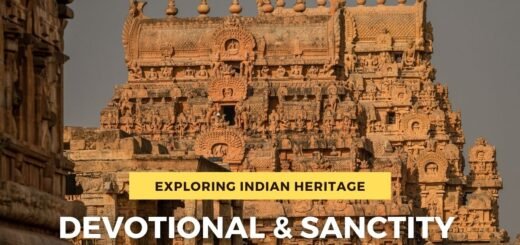Sajibu Nongma Panba 2024 Date Timings Puja Muhurat
Know the details about the Sajibu Nongma Panba 2024 Date Timings Puja Muhurat, 2024 Sajibu Nongma Panba date and timings, and the 2024 Sajibu Nongma Panba date and timings
Sajibu Nongma Panba 2024: A Celebration of Tradition and Culture
The Sajibu Nongma Panba festival holds great significance in Manipuri culture and is celebrated with much enthusiasm and devotion. This blog post will explore the Sajibu Nongma Panba 2024 Date Timings Puja Muhurat
Sajibu Nongma Panba 2024 Date Timings Puja Muhurat
The Date and Timings
Sajibu Nongma Panba is celebrated on the first day of the Manipuri lunar month of Sajibu, which usually falls in April. In 2024, the festival will be observed on [date]. The festivities typically begin early in the morning and continue throughout the day.
Click here to get the Sajibu Nongma Panba 2024 Date Timings Puja Muhurat
Click here to get the Gudi Padwa 2024 Date Puja Muja Muhurat in Maharashtra
Puja Muhurat
The puja muhurat for Sajibu Nongma Panba varies each year based on the lunar calendar. Devotees gather at temples and perform special prayers and rituals during this auspicious time. The puja muhurat is believed to bring blessings, prosperity, and good fortune to the community.
Sajibu Nongma Panba 2024 Date Timings Puja Muhurat
Importance of Sajibu Nongma Panba
Sajibu Nongma Panba is celebrated to welcome the Manipuri New Year and mark the onset of spring. It is a time of new beginnings, rejuvenation, and gratitude for the bounties of nature. The festival holds immense cultural and religious significance for the Manipuri community, symbolizing unity, harmony, and the preservation of their rich heritage.
During this festival, people come together to celebrate their traditions and customs, strengthening the bonds within the community. It is a time for reflection, forgiveness, and embracing the values that have been passed down through generations.
Sajibu Nongma Panba 2024 Date Timings Puja Muhurat
Rituals and Traditions
Sajibu Nongma Panba is characterized by various rituals and traditions that are followed with great devotion. Here are some of the key practices observed during the festival:
1. Lai Haraoba Performances
Lai Haraoba is a traditional dance form that is an integral part of Manipuri culture. During Sajibu Nongma Panba, communities come together to perform these vibrant and energetic dances, depicting stories from mythology and folklore. The performances are accompanied by rhythmic music and colorful costumes, creating a mesmerizing spectacle.
2. Offering Prayers at Temples
Devotees visit temples and offer prayers to deities, seeking blessings for a prosperous year ahead. The temples are adorned with flowers, lights, and decorations, creating a serene and spiritual ambiance. It is believed that offering prayers during this festival brings good luck and fulfills wishes.
3. Traditional Attire
During Sajibu Nongma Panba, people dress in traditional Manipuri attire. Women wear the exquisite and graceful “Phanek” (a wraparound skirt) and “Innaphi” (a shawl), while men don the traditional “Dhoti” and “Kurta”. The vibrant colors and intricate designs of these garments reflect the rich cultural heritage of Manipur.
4. Community Feasts
Community feasts are an integral part of the Sajibu Nongma Panba celebrations. Families and friends come together to share delicious traditional delicacies, which include various vegetarian and non-vegetarian dishes. These feasts foster a sense of togetherness and unity among the community members.
5. Cultural Performances and Competitions
During the festival, cultural performances and competitions are organized to showcase the artistic talents of the Manipuri people. Traditional music, dance, and theatrical performances take center stage, providing a platform for artists to showcase their skills and celebrate their cultural heritage.
Sajibu Nongma Panba 2024 Date Timings Puja Muhurat
Sajibu Nongma Panba is a festival that encapsulates the essence of Manipuri culture, bringing people together in a celebration of tradition, spirituality, and unity. It serves as a reminder of the rich cultural heritage that the Manipuri community holds dear and provides an opportunity for the younger generation to connect with their roots.
As we celebrate Sajibu Nongma Panba in 2024, let us embrace the spirit of this festival and cherish the values it represents, ensuring that the traditions and customs of Manipur continue to thrive for generations to come.

